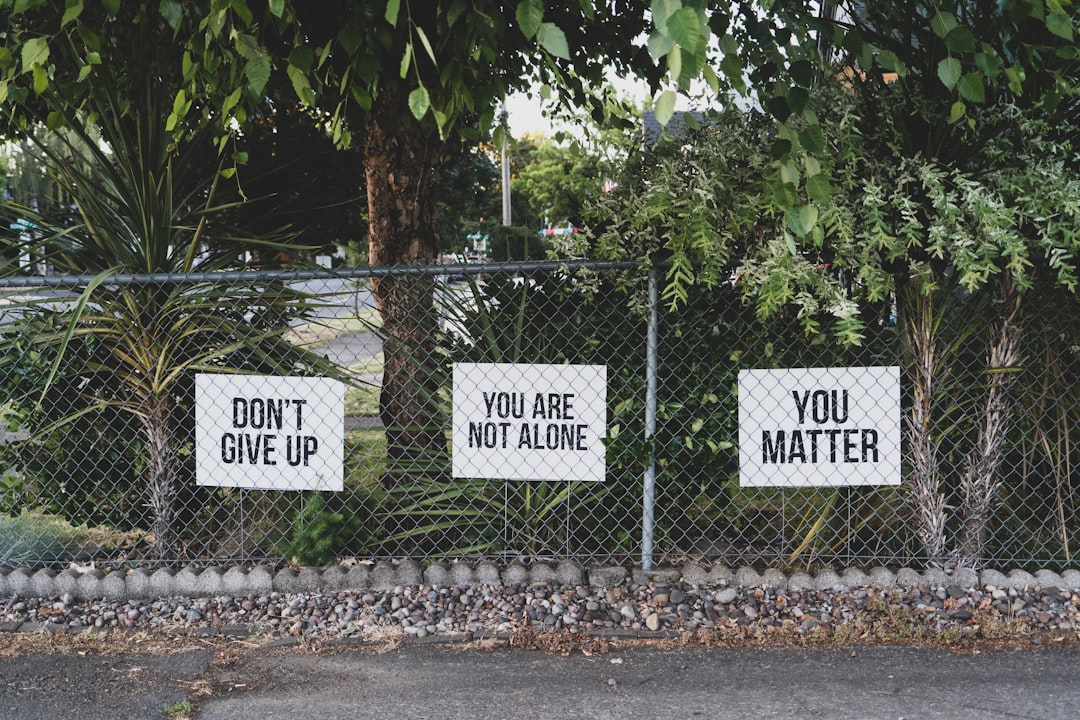Drug Rehab Centers Offer Strong Psychological Help

Drug rehab is a growing trend among Americans who suffer from drug addiction. Drug rehabilitation is simply the process of psychotherapy or medical treatment for addiction to psychoactive drugs including prescription medications, street drugs like cocaine, amphetamines, and heroin or morphine. This treatment centers offer various programs that include peer counseling, individual therapy, group therapy, and family sessions. There are several different types of drug rehab facilities that address different needs. Each of these varies in addiction recovery treatment approach and the level of success they achieve in their patients.
For those addicted to alcohol and other drugs, the goal of drug rehab and alcohol rehab is to provide them with resources that help them cope with the physical, emotional, psychological, and spiritual aspects of addiction. Drug rehab centers focus on the physical by providing detoxification, medication maintenance, counseling, and group therapy. Some rehabs also offer pulmonary rehabilitation and other specialized services. Many programs offer intensive psychotherapy and psychiatric treatment in addition to these basic steps. Drug rehabilitation centers focus on total recovery, and while these steps may be necessary, they are not sufficient on their own.
For those addicted to alcohol and other substances, there are many treatment options available. Family therapy, group therapy, and sober living homes are some of the more common options. These programs focus on providing the addict with resources for coping with the physical, emotional, and spiritual aspects of addiction. A majority of rehabs offer both outpatient therapy and inpatient therapy services, but some prefer one over the other. Those who are uncomfortable going to a full-blown rehabilitation center can opt for outpatient care at a reputable facility or in a residential community.
The goal of outpatient treatment programs is to provide patients with resources for the short term, as well as resources for long-term recovery. Outpatient care usually involves one to three weeks of inpatient care, including social, educational, and spiritual activities. Patients are encouraged to participate in after-care recovery programs on a weekly basis. Inpatient treatment programs may include a combination of one to four weeks of inpatient care, residential living, individual counseling, and support groups. A majority of rehabs offer both an inpatient and outpatient treatment program.
Completely recovered individuals frequently undergo outpatient treatment. However, some do require inpatient care when their substance abuse and addiction requires ongoing assistance. Recovery from drug rehab centers often utilizes a combination of inpatient and outpatient services, including detoxification, individual counseling, and social activities. Alcohol and drug addiction should never be considered a matter of choice. Visit our website for the latest addiction recovery resources.
Drug rehab facilities offer the best hope for a successful and healthy recovery. Each patient should be assessed thoroughly for any underlying medical conditions. Detoxification is a vital step in the detoxification process. Medications, therapies, support groups, and lifestyle classes are used to help patients fully recover from all types of addiction recovery. The "invisible" support system that exists within the centers' patient populations is invaluable, as well. Programs such as Alcoholics Anonymous are examples of the types of services which can offer lasting sobriety and nutrition assistance for patients in recovery. Education is a never ending process, so continue reading here: https://en.wikipedia.org/wiki/Drug_rehabilitation.